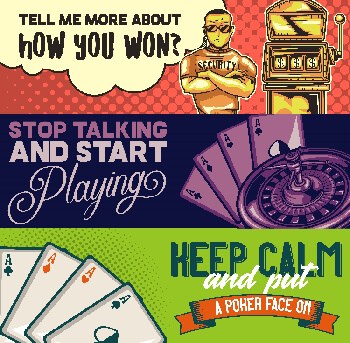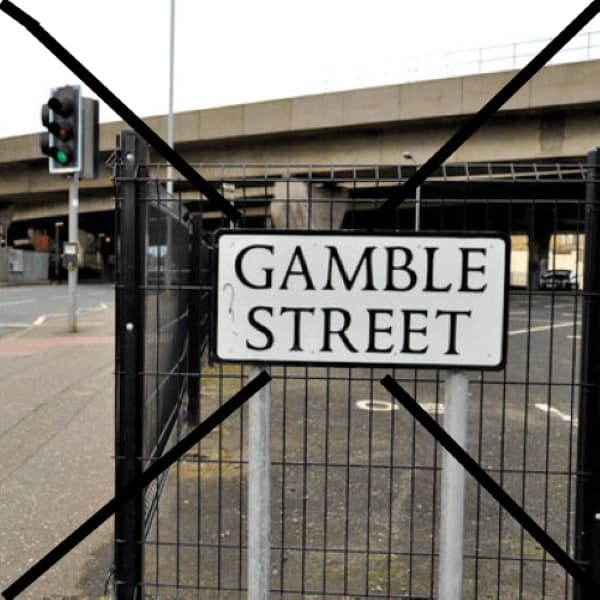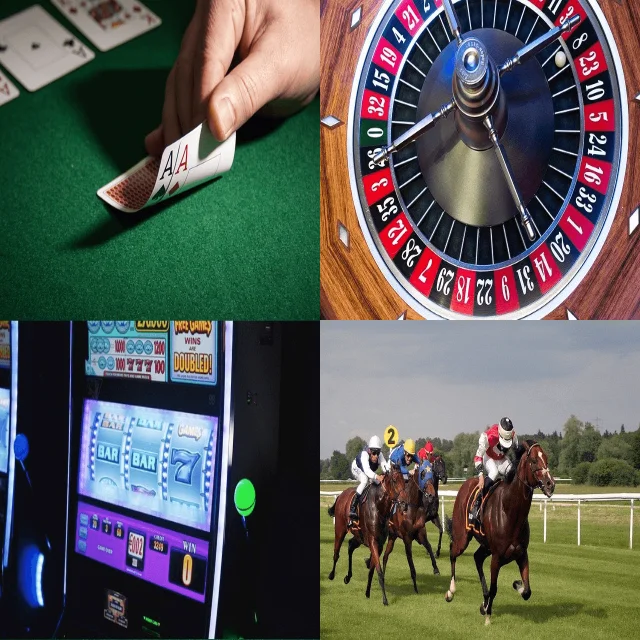Recognising a gambling addiction and how gambling rehab can help
Gambling is a growing problem
There has been a surge in recent years in terms of the numbers of people suffering with a gambling addiction. The set of circumstances that have created this growing problem are extensive but one of the prime issues is the ability for anyone with a smart phone or laptop to be able to gamble 24 hours a day 7 days a week from within their home environment. Gambling websites encouraging people to gamble are being promoted in all forms of media, with their logos being displayed in all sorts of places from football shirts to more detailed adverts on the TV promising free promotional spins and easy money as prizes.

In a recent survey in the UK it was established that nearly 1.00% of the population has a problem with gambling. A further 3.8% of the population are gambling at levels bringing risk of addiction and 7.00% are negatively affected by other people’s gambling. Given the total UK population is approximately 68 million, these percentages represent substantial numbers of people.
What to do if you have a gambling addiction
If you feel that you are losing control of your gambling and continue to gamble when your actions are affecting, for example, your ability to pay the mortgage on time, then now is the time to take action. You need to get your life back from the continuing worsening detrimental action of your addictive thinking and behaviour.
There are different options that you need to know are available to you to help to treat your gambling addiction or gambling problem
- Acknowledge that your actions are worsening and it is time to get help.
There is a difference between admitting you have a problem and accepting that you need to do something about it. A key to success for beating any addiction is to have the courage to actually ask for help. All addicts need to realise that their continuing actions are affecting their work, finances, social life, health and relationships with family and friends.
There are recognised signs that casual gambling has turned into an addiction. These include:
- Trying to hide a gambling habit by making excuses to family and friends
- Frequently asking to borrow money with false promises of paying it back
- Going into debt to maintain gambling and getting further into debt with more losses
- Being constantly preoccupied with the act of gambling and being preoccupied with the thoughts of gambling when not gambling.
- Stealing
- Whatever the worsening circumstances, the inability to stop gambling.
- Constantly feeling guilty when having made a decision not to gamble that day and then to gamble again soon afterwards.
- Trouble maintaining relationships and a source of a marriage breakdown.
- Using gambling when feeling depressed or bored and thinking the act of gambling is an escape from normal feelings.
- Start of rapid mood swings and depressive episodes that in some cases lead to suicidal thoughts.
These are just a few of the signs and symptoms of a gambling problem or addiction. It is the ability to recognise, rather than dismiss, the symptoms and to have that courage to act sooner rather than later to stop the increasing downward spiral, that can make all the difference.
- It is important, when asking for help, that you communicate your problem with someone who understands addiction and can help you plan to get your life back.
At The Haynes Clinic we get people who telephone to make an appointment to come to the clinic and talk to one of the experienced staff for a free assessment. The Clinic will help with working towards a way forward for a positive outcome and a change with the addictive thinking and behaviour cycle. It may also be relevant to speak to a GP or health care professional due to how your mental health may have been affected.
- The most positive course of action, for many with a gambling addiction, is to be admitted into the care of a residential addictions clinic or gambling rehab.
This is usually for a period of 28 days but 14 days could also be considered if there are further financial restrictions or problems getting time off work. Whilst the gambler may not have the funds for residential gambling addiction treatment, it is common for family or friends to fund their treatment to help them get well.
The majority of addiction rehab treatment centres in the UK have their therapy modality based upon the 12 Steps of Alcoholics Anonymous and it is important to choose a clinic, such as The Haynes Clinic, that has a very structured daily therapy programme.
It is also important to be able to access Aftercare. At The Haynes Clinic this is free of charge and comprises one day a week of continuing support for up to 12 months, either at the clinic or from Zoom meetings, following the completion of a 28 day residential stay. Whilst the programme is 12 Step based, the form of therapy is Cognitive Behavioural Therapy or CBT, which is one of the most common and evidence based forms of treatment for a variety of mental health and addiction issues.
- Further ongoing support should also be gained from attendance at Gamblers Anonymous support groups.
Local meetings to your home address can be found by going on to the Gamblers Anonymous website and inputting your postcode. Whilst in residential gambling addiction treatment you will be attending, with others, 12 Step support groups as part of the timetable and thus you will have a complete understanding of how they work. This ongoing support, along with Aftercare, is critical to maintain the change in your addictive thinking and behaviour.
To take back control of your life from the hold of a gambling addiction requires you to firstly come to terms with the fact that you have a problem that is getting worse and that you cannot, whatever you try to do, stop it or control it and that your addiction now controls you. Coming to terms with this and accepting you need help is the next step to take. Call The Haynes Clinic today and talk to one of our understanding and compassionate professionals. Today could be the start when one of our qualified therapists could help you on that first step on a path to Recovery.
Contact us today, we are available.
The Haynes Clinic Telephone 01462 851414


